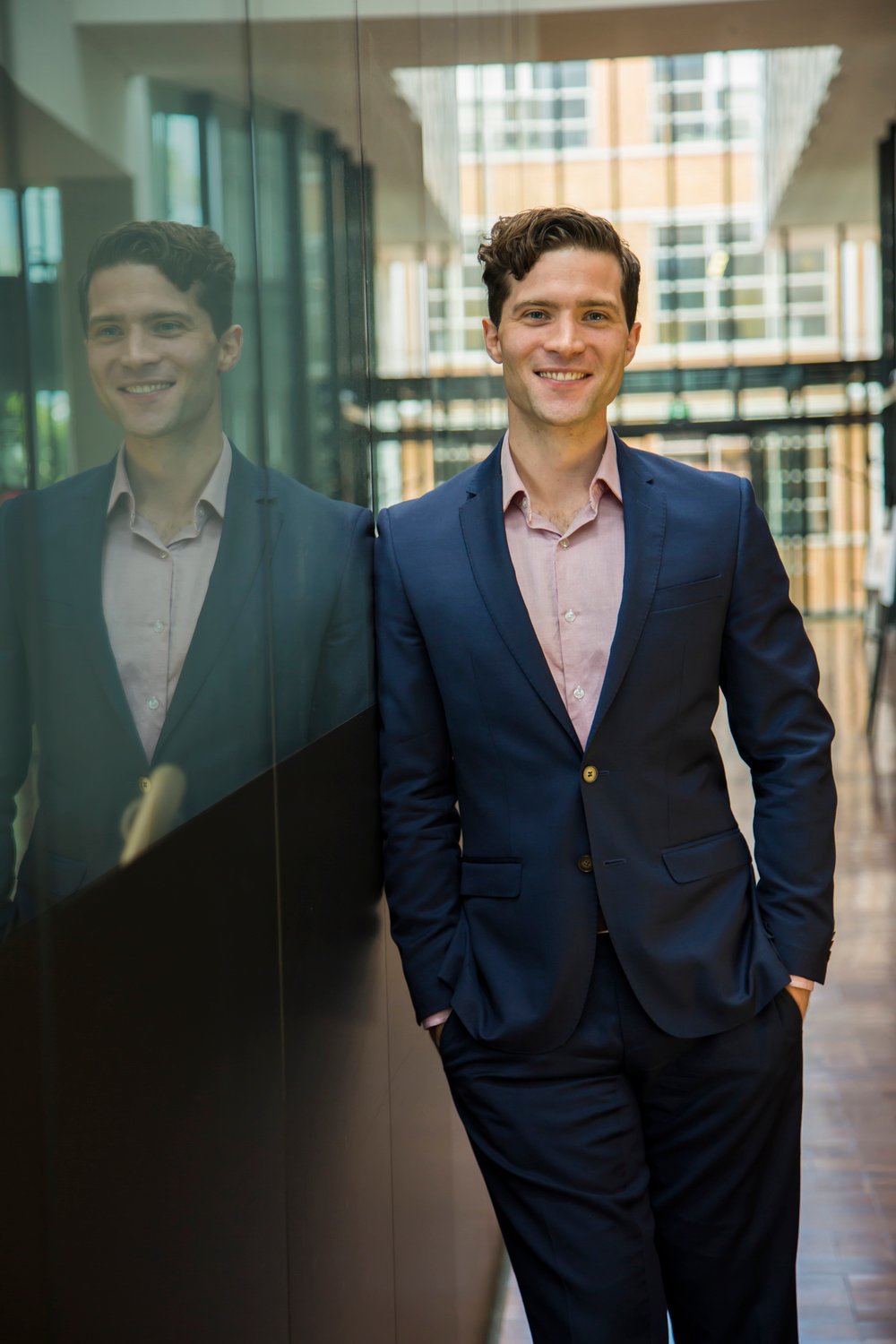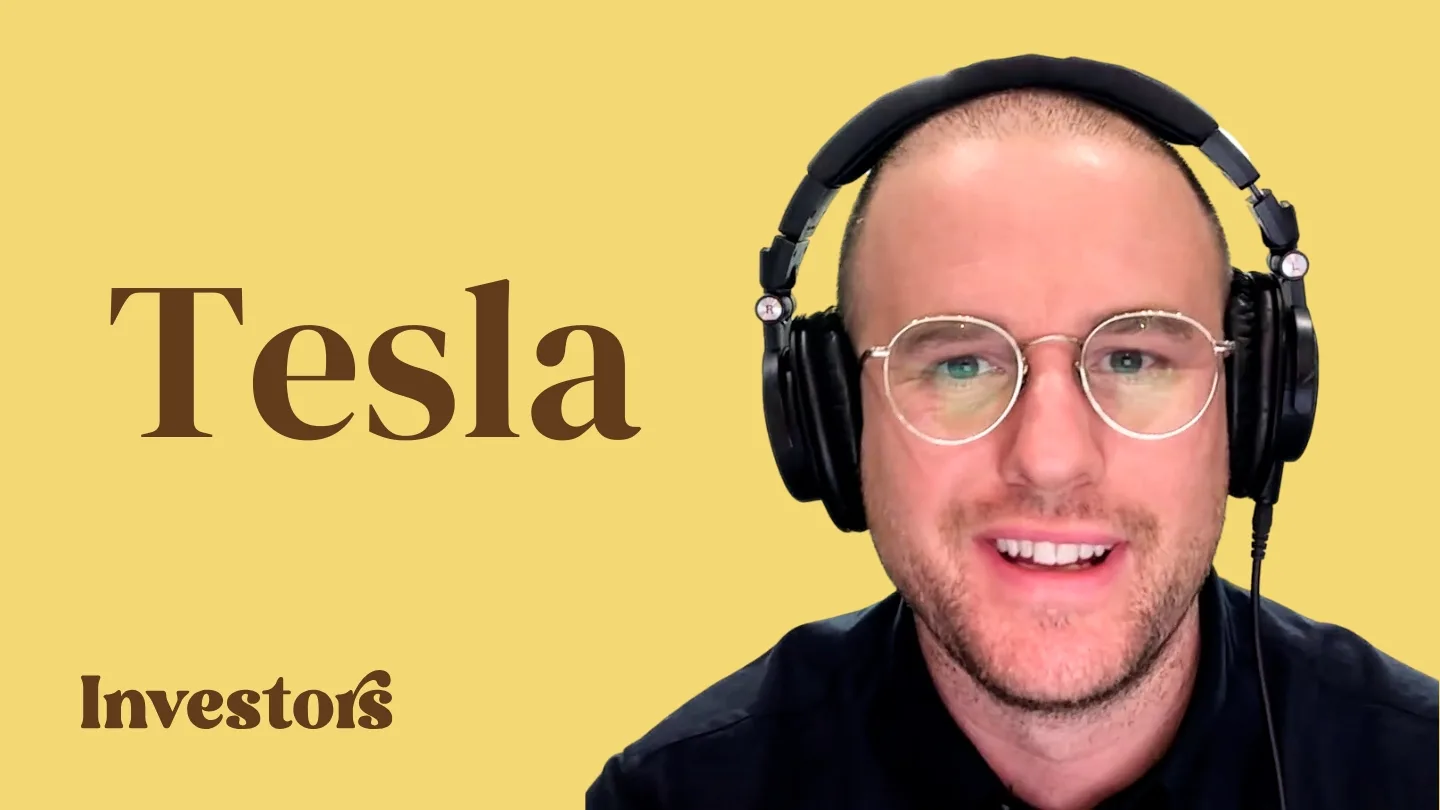Professor Alan Duffy is the Director of the Space Technology and Industry Institute at Swinburne University in Melbourne. Alan Duffy joined Owen Rask on The Australian Investors Podcast to talk about space technology, innovation, investing in early-stage technology and so much more.
We recommend you watch the video version of the podcast.
Podcast with Alan Duffy: talking points
- What is your favourite movie or series on space, and why?
- What’s the one thing that keeps you awake at night trying to explain (can’t say dark matter — it could be an alien project, oumuamua or a project or research that’s currently underway)?
- (9 mins) Why are nukes such a bad idea for getting rid of asteroids hurtling towards us?
- (13 mins) Who is the best astrophysicist of all time? (by ‘best’ you could take that to mean educational, most research, steps forward, etc.) Carl
- (15 mins) If you could go back in time and meet one person and spend 10 minutes talking to them about science or life, who would it be? (Galileo Galilei, Newton, Darwin, Da Vinci, Hawking, Einstein, etc.) – emi nuther
19 mins: Intro to Alan and his journey
- How did you come to be who you are today?
- If you could rewind time, is there anything (projects, time with people, in places, etc.) you would have done differently?
- Who were/are your idols for cosmology and/or astrophysics?
Space & industry
- Amongst other things you now work with Swinburne to bring space technologies and research closer to earth, by helping companies or industries find ways of solving big problems on earth using advances in space research. Can you give us 1-2 tangible examples of how these relationships (between academia and business) can work?
- Dark matter. This is the thing that gets me, Alan: there’s supposed to be nothing between objects in space — yet there has to be ‘something’ because even nothing is something? Or am I very wrong?
- Instead of starting at ‘what is dark matter?’ Let’s start with ‘why is it important for us to study it?’ How do we know dark matter exists?
- I heard you talk about NASA’s dart program recently — which is just incredible. Pinprick accuracy.
- Can you share a list and brief overview of the 3-5 things (project, research, breakthroughs, etc.) that are currently underway globally and what makes you so excited about them?
- The space economy is expected to be $1 trillion (give or take). What do you think about the opportunity for companies and Governments to harness the opportunities?
1hr + 10 mins: Alien talk
- The probability of alien life is something that astounds and captivates everyone. You’ve got a wonderful series on Audible.
- Can you summarise the most convincing cases for finding alien life?
- What are the most convincing cases against finding it?
- Did studying UFOs make you change your mind? Or challenge your perspectives in any way?
- What’s your best guess of what oumuamua was?
- One of the most interesting ideas is that aliens will probably be AIs. Can you elaborate on this?
- Finally, what are a few resources you would highly recommend for anyone who wants to ‘get off first base’ with space science? What are some great books, blogs, podcasts, activities (star gazing, astro societies, etc.) personalities (Cox, NDT, etc.), movies, etc. (maybe you can answer it for beginners, children, etc.)
About Alan Duffy

Professor Alan Duffy is Director of the Space Technology and Industry Institute and Professor at Swinburne University. Alan is a professional astrophysicist, spending his time creating universes on supercomputers to understanding how galaxies form (and of course, to understand dark matter!). Alan is a regular on TV and radio, such as The Project TV, ABC, Triple J and more.
Currently, Alan is at the Centre for Astrophysics and Computing at Swinburne University. Before then he was a postdoctoral researcher at the University of Melbourne, and a postdoctoral research associate with ICRAR at the University of Western Australia. Prior to all this antipodean fun he obtained my PhD from the Jodrell Bank Centre for Astrophysics and spent a year or two as a postgraduate at the Sterrewacht, Leiden Observatory in The Netherlands.
Notably, Alan is a member of SABRE, the world’s first dark matter detector in the Southern Hemisphere, based at the bottom of a gold mine at SUPL (Stawell Underground Physics Laboratory) in Victoria, Australia.






